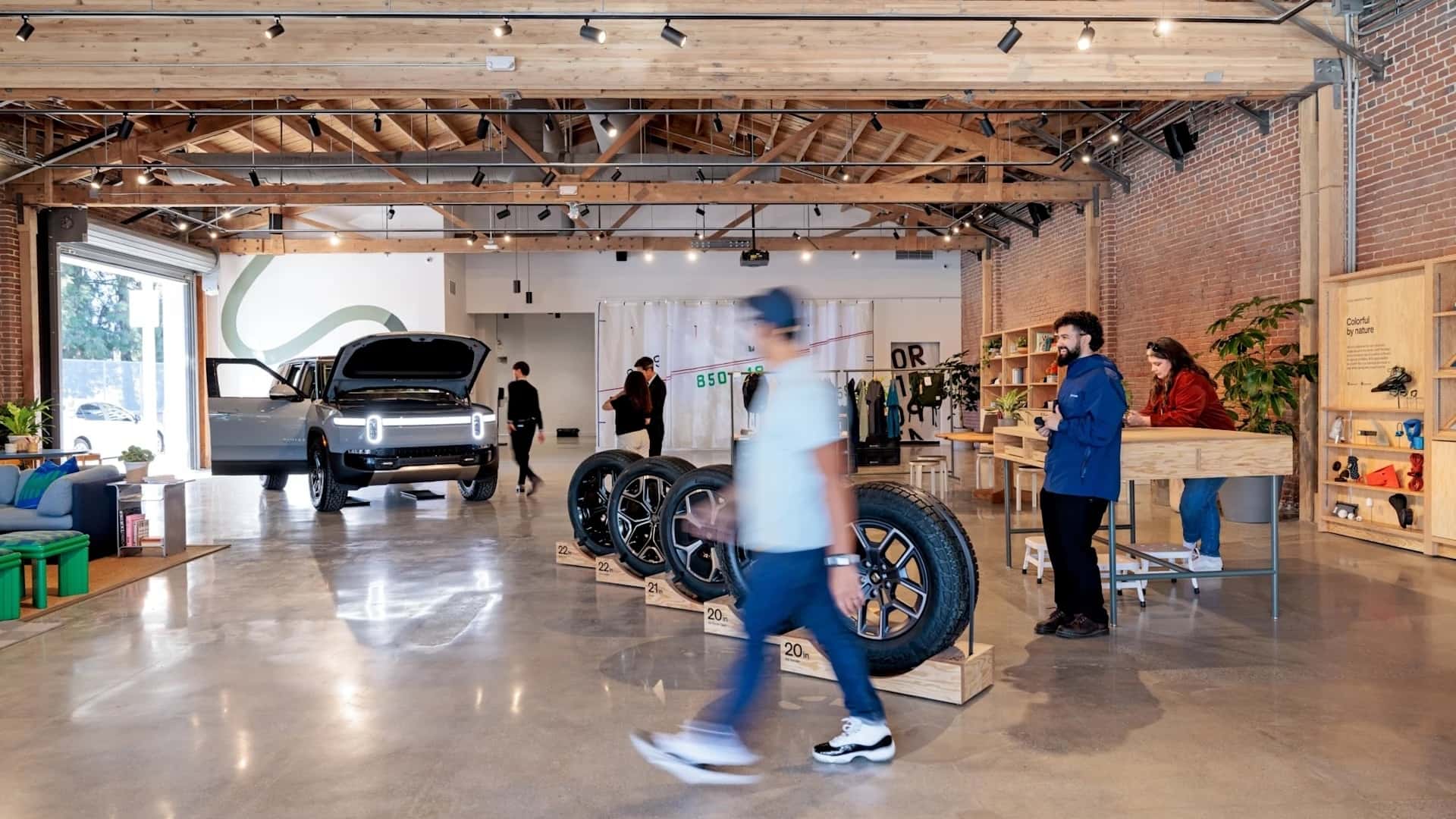"We're Unbendable": Why Rivian Avoids Dealerships

The Direct-Sales Model: A Strategic Advantage for EV Companies
In the rapidly evolving electric vehicle (EV) market, companies like Tesla, Rivian, and Lucid have adopted a direct-sales model that sets them apart from traditional automakers. This approach allows customers to purchase vehicles at fixed prices without the need for haggling or dealing with unexpected add-ons. For these brands, it's more than just a sales strategy—it's a core part of their business philosophy.
Rivian’s CEO, RJ Scaringe, has emphasized that the company is committed to this model, even if it means sacrificing some short-term sales. “We will forego sales to make sure we maintain a direct relationship with consumers,” he stated during a roundtable interview. This commitment stems from the belief that controlling customer relationships is crucial for maintaining brand integrity, managing service experiences, and ensuring consistent communication.
Why the Direct-Sales Model Matters
The direct-sales model offers several key advantages. It enables brands to control how they interact with customers, manage recalls, and deliver a seamless service experience. Traditional manufacturers, on the other hand, rely heavily on dealerships, which are often independently owned and protected by franchise laws. This structure can lead to inconsistencies in service quality, as dealers may push markups or offer unreliable support.
For example, when an EV owner encounters a service issue, the process can become complicated. Dealers may not always provide loaner cars, and the responsibility for resolving problems is often unclear. This lack of direct oversight can create frustration for customers and weaken the manufacturer’s ability to respond effectively.
Challenges and Trade-Offs
While the direct-sales model provides greater control, it also comes with its own set of challenges. Rivian, for instance, has faced criticism for long service times and communication issues with customers. Scaringe admitted that the company under-built its service infrastructure in key markets, but he remains confident that the company is working to address these shortcomings.
“We under-built service in a lot of our key markets,” Scaringe said. “We're catching up pretty quickly, but it's nice that the accountability lies solely with us.” This level of responsibility means that any failures in service or support reflect directly on the company, rather than being shifted onto third parties.
Preparing for the Future
As Rivian prepares to launch its first mainstream SUV, the R2, the company faces new challenges. With a target starting price of $45,000, the R2 is expected to significantly boost sales. However, this growth will require a robust service network capable of meeting increased demand.
Scaringe highlighted the importance of building service infrastructure ahead of time. “We have to build service infrastructure ahead of when the actual need is and also get the service locations themselves to be higher levels of efficiency,” he explained. This includes optimizing technician utilization and running service locations on multiple shifts to improve efficiency.
Despite these efforts, there are still questions about whether Rivian’s service and sales network will be sufficient to handle the influx of R2 customers. The company has about a year before deliveries begin, and it remains to be seen how quickly it can scale up its operations.
Customer Satisfaction and Brand Loyalty
Interestingly, despite a dead-last ranking in the latest Consumer Reports reliability survey, Rivian owners remain some of the most satisfied in the industry. This loyalty underscores the strength of the brand’s direct relationship with customers. However, maintaining this satisfaction as the company scales up will be critical.
If Rivian fails to meet customer expectations, it will have no one to blame but itself. The company’s success will depend on its ability to balance rapid growth with high-quality service and consistent communication.
Conclusion
The direct-sales model has proven to be a powerful tool for EV companies looking to differentiate themselves in a competitive market. While it requires significant investment and careful planning, the benefits of maintaining direct control over customer relationships and service experiences are clear. As Rivian moves forward with the R2, the company’s ability to navigate these challenges will determine its future success.

Posting Komentar untuk ""We're Unbendable": Why Rivian Avoids Dealerships"